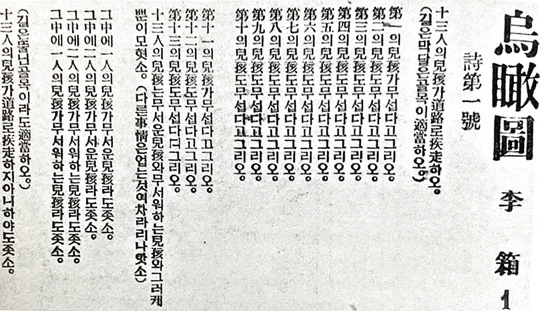Our final selections in excellent translations for the year of 2020 are fittingly full of thought. Throughout these texts, one finds the endless potential roadmaps that chart out from the individual mind’s interrogation and contemplation of their surroundings, and one’s own place within them. From a wandering mind, everything is a pool for endless reflection; a Catalan collection draws from the sea, a Romanian notebook is filled with musings and defiances of authorship, and a French diary novel tells the lives of many through the life of one.

Salt Water by Josep Pla, translated from the Catalan by Peter Bush, Archipelago Books, 2020
Review by Allison Braden, Editor-at-Large for Argentina
On a recent virtual happy hour, my friend described a weekend camping trip on a secluded barrier island off the coast of Georgia, in the southern US. My envy verged on rage as I listened from my living room, which doesn’t get enough natural light. He said that after he and his wife kayaked over and set up their tent (annoying a resident heron in the process), they had done absolutely nothing—not even read. They sat on the shore and watched the sea. It’s easy to believe how that could have been enough.
Josep Pla would understand. In Salt Water, translated from the Catalan by Peter Bush and released by Archipelago Books this month, Pla writes that “the mere presence of the sea is enough to sink into the deliquescent bliss of the contemplative life.” His curiosity courses through the book, a series of ten sketches that revolves around the coast of Pla’s native Catalonia: he describes shipwrecks, submarines, and harebrained sailing schemes. He relates stories from a salty, one-handed raconteur and imbues the rambling tales with strikingly lifelike texture. Though his plots unfold on or near the sea, human culture is ever present. Pla revels in detail, describing at length the joy of nearly black coffee on a marginally small boat: “That beverage makes an almost immediate impact: your mind projects itself onto the outside world, you are fascinated by everything around and a gleam comes to your eyes.” This book is a product of that fascinated, caffeinated gaze.
In the preface, Pla describes the stories as writings from his adolescence. In the translator’s note at the end of the book, however, Bush clarifies that they were written in the 1940s and hypothesizes that the preface was a canny attempt to evade censorship. He points out that Pla’s “articles containing veiled critiques of the dictatorship made him the most censored journalist in Spain.” Indeed, his biography offers helpful context for the conflicting claims that bookend the collection.
As a university student a century ago, Pla developed a clear, intelligible writing style and deployed it throughout his career as a journalist. He traveled widely across Europe as a foreign correspondent and served briefly as a member of Parliament for the Commonwealth of Catalonia, a short-lived assembly notable for its symbolic value. Over its eleven years in existence, the Commonwealth promoted Catalonia’s unity and identity, and evinced strong support for the Catalan language—Pla’s language. He became a chronicler of Spain’s tumultuous early twentieth-century history and spent multiple stints in exile. In the 1940s, he took to exploring his native coast and writing dispatches for Destino, a Burgos-based magazine at the forefront of the reemergence of Catalan-language culture. Throughout his peripatetic career, Pla never stopped writing: his complete works, compiled shortly before his death in 1981, stretch over thirty-eight volumes. READ MORE…


















